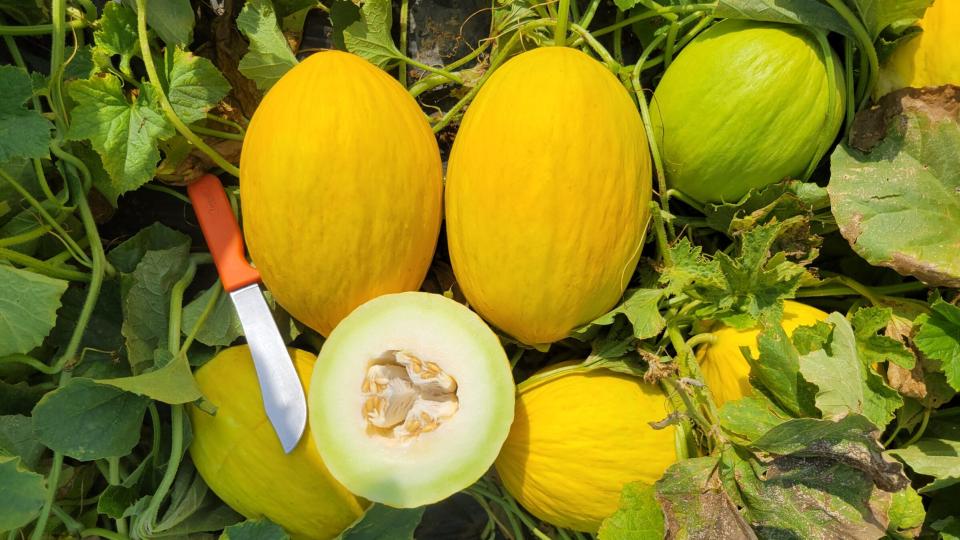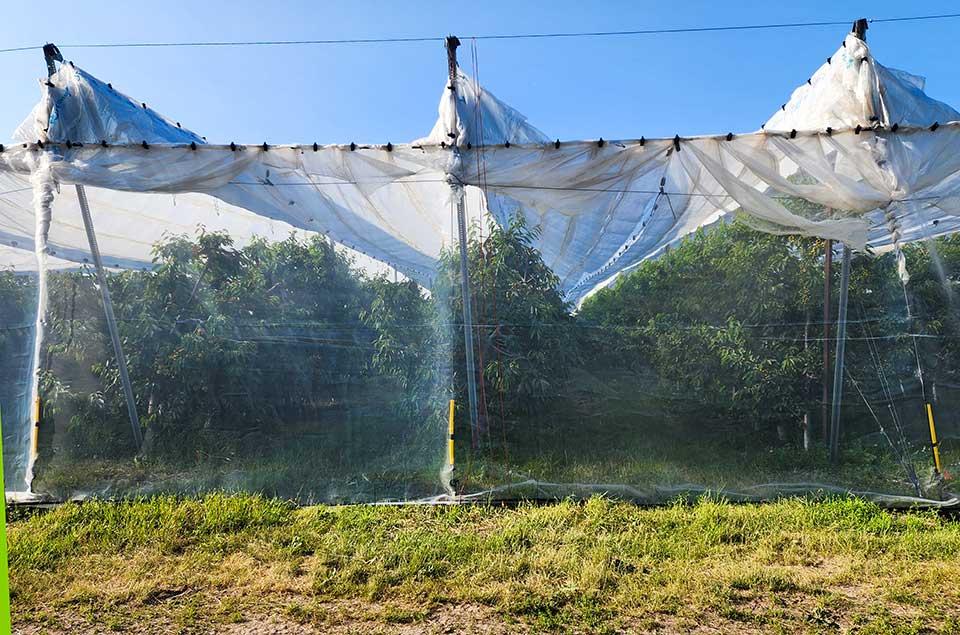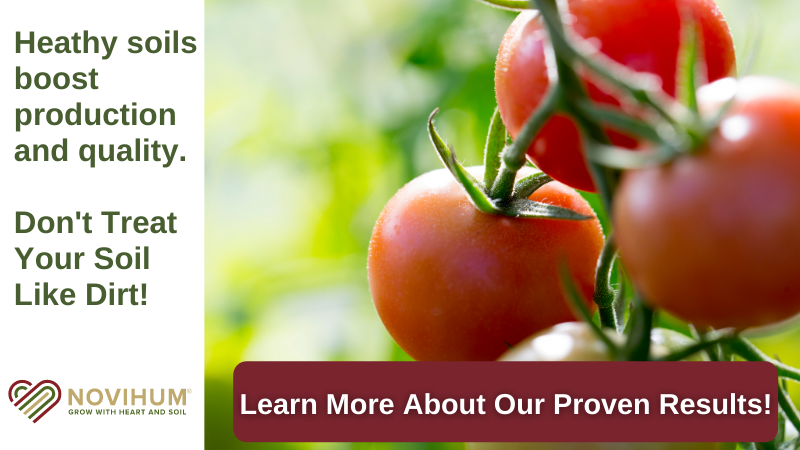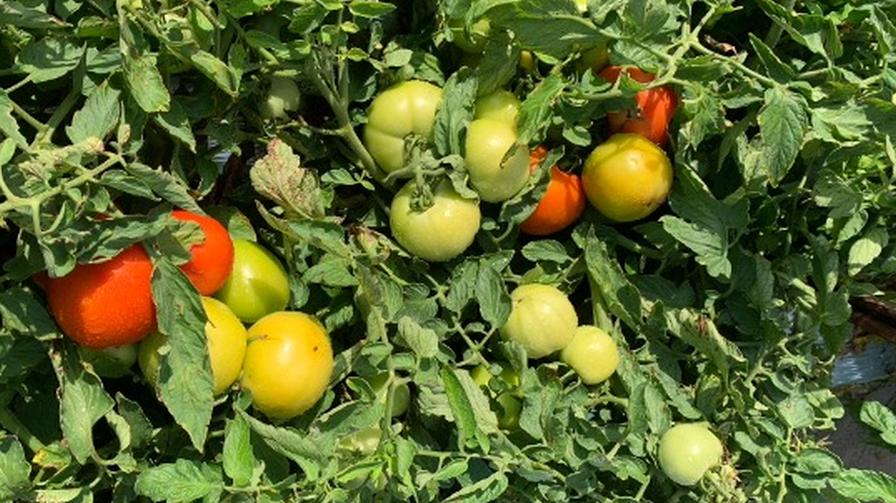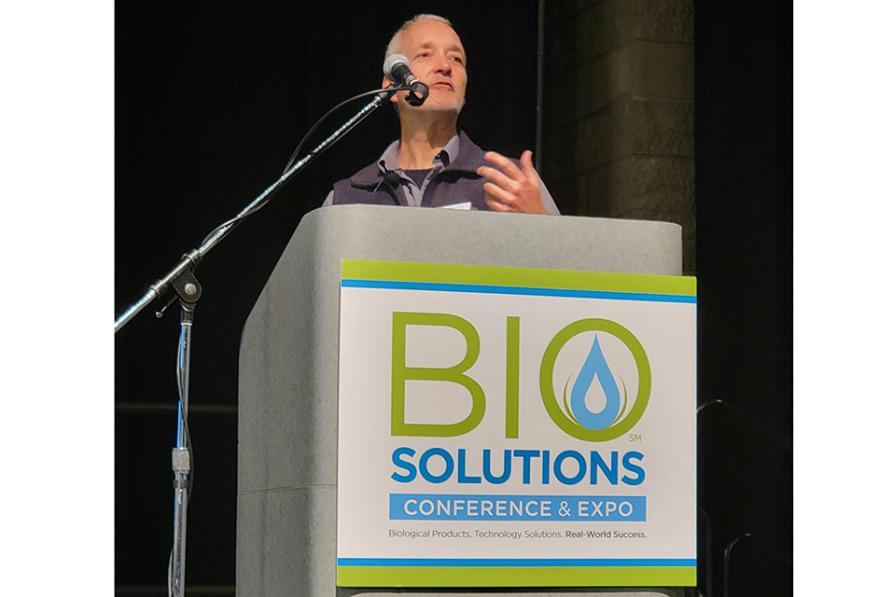Pour It On! 6 Irrigation Tech Predictions for 2023
Asked what irrigation tech developments they foresee in 2023, six industry suppliers have plenty to offer vegetable growers.
See what they have to say regarding the future state of irrigation tech.
Nelson Irrigation: “In veggie and leafy green row-crop markets, we certainly see a lot of technology in the form of sensing and auto-mated valve control, just as we are seeing in other areas of agriculture. At the same time, we are seeing other more on-farm irrigation changes driven more by labor and water challenges. We are seeing a more widespread adoption of what is referred to as a ‘dead bed.’ A dead bed is not really new, but it is becoming more widely adopted the last couple of years along the coastal regions as well as the desert regions, stressing the performance of worn and poorly performing impact sprinklers. Instead of leaving six 80-inch beds between sprinkler pipe, growers are leaving seven 80-inch beds between sprinkler pipe but resting the lateral sprinkler pipe on top of a dead bed rather than in a furrow. This leaves a sprinkler pipe spacing of 30 feet x 46 feet that requires higher-performing, high-uniformity sprinklers for germination. These spacings are challenging, and the right nozzle pressure becomes critically important to optimize performance and uniformity. It is all about the germ. It will not get better when there may only be 26 days until harvest.”
— Craig Stafford, Vice President, Global Rotator Solutions, Nelson Irrigation
AquaSpy: “We predict that there will be more focus on farm profitability and crop quality and less on yield. As inputs become more scarce (water) and more expensive (fertilizers, pesticides, etc.), growers will reassess how they chase yield, instead seeking to identify the minimum input thresholds for an optimal and profitable outcome. As a result, we’ll see more experimentation as well as data and knowledge sharing from in-field studies. Data gathering and sharing will become critical for all growers. In a field that’s typically been less inclined to share data, external pressures will create an opportunity for this change.”
— Kathleen Glass, Vice President of Marketing
N-Drip USA: “The water-shortage crisis caused by climate change creates long-term problems for farmers. Without adequate supply of water, farmers who still use flood irrigation will be forced to cut their water usage by converting flooding to an efficient precise irrigation method. A low-cost, gravity-powered micro-irrigation solution saves half of the water previously needed for flood-irrigated fields, reducing inputs such as fertilizers and labor while improving yields. It uses gravity as its energy source and doesn’t require pressure-based filters, eliminating ongoing energy and maintenance costs. It also provides irrigation and fertigation recommendations for optimal growth management.”
— Uri Segev, Vice President, Business Development
Phytech: “The need for digital transformation, sustainability, and farm efficiency is at its peak among growers, as water, fertilizer, labor, and energy costs increase. Some growers need to make the leap from traditional methods while others who already did it are flooded with data from different platforms. The need for an A-to-Z platform that connects the dots — irrigation, fertigation, pest, and disease — is critical.”
— Amir Lin, Marketing Director
WaterPoint Irrigation Technologies: Growers should focus on chemical injections, soil health, and profits while meeting head-on the issues of water accessibility and quality, irrigation inefficiencies, power usage, and food safety. WaterPoint sees each of these major issues as an opportunity to get ahead of impending major disruptions in farming practices and make hay in the meantime. First, ‘do no harm.’ By reducing chemical inputs ( i.e., surfactants, algaecides, and disinfectants) and instead treating water electronically, growers take a big step to improve soil health and increase profits. When growers inject sulfur, chorine, acids, peroxides, etc., the vitality of ‘living soil’ takes a big hit. Living soil cannot ingest these toxic chemicals indefinitely and indefinitely deliver healthy yields.”
— Bill Terry, President
HPNow: “The ‘perfect storm’ of supply chain volatility, input cost hikes, and a labor crunch provides strong tail winds for the adoption of autonomous solutions with reduced inputs. There are a growing number of technology solutions addressing this strong trend, from autonomous fruit pickers, such as Tevel’s, to self-sufficient water treatment solutions, such as HPNow’s on-site Peroxide UltraPure generators. Growers will increasingly adopt solutions that enable reduced dependence on supply chains and inflation and energy-driven cost hikes, as well as labor availability.”
— Ziv Gottesfeld, CEO





